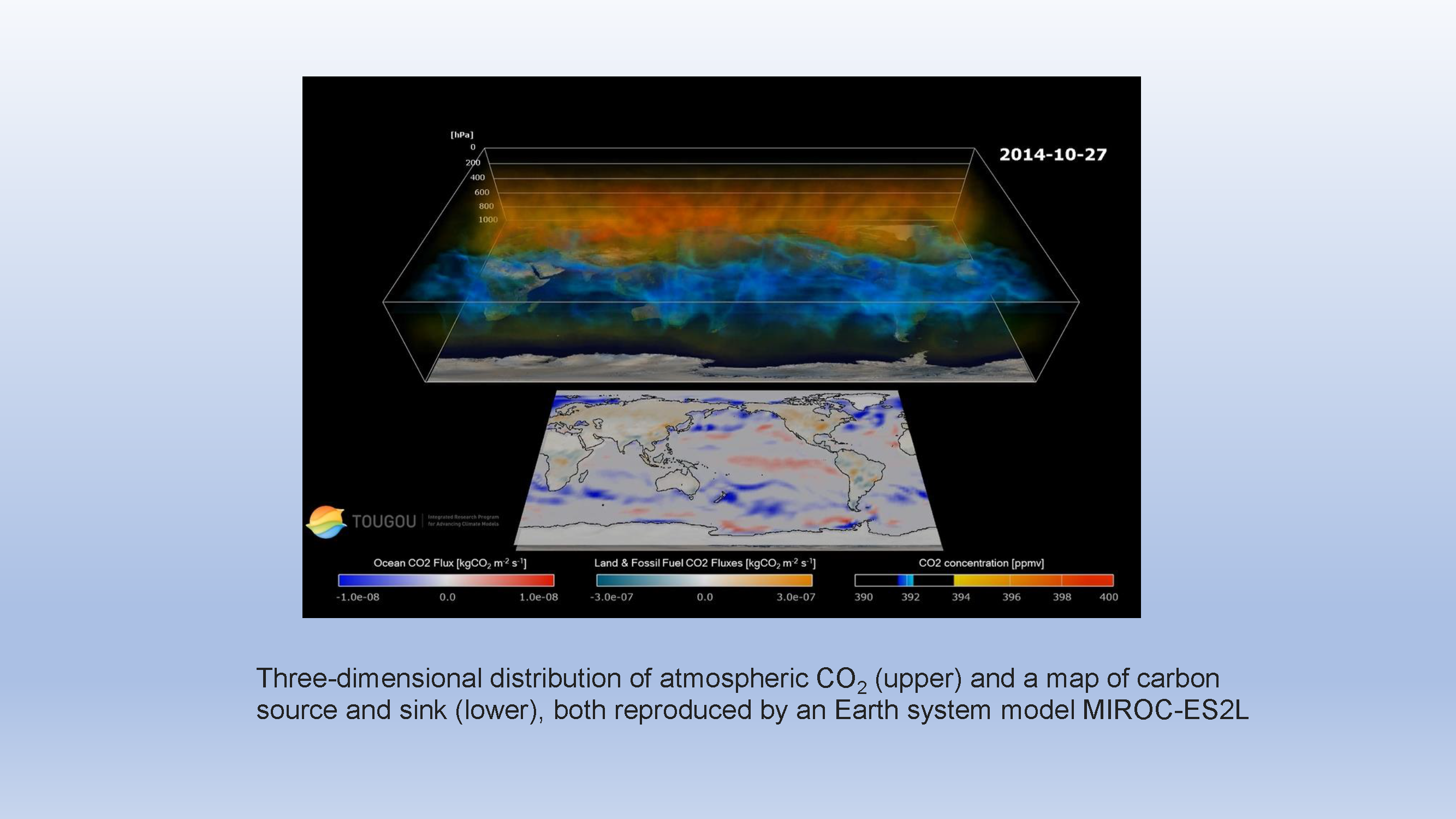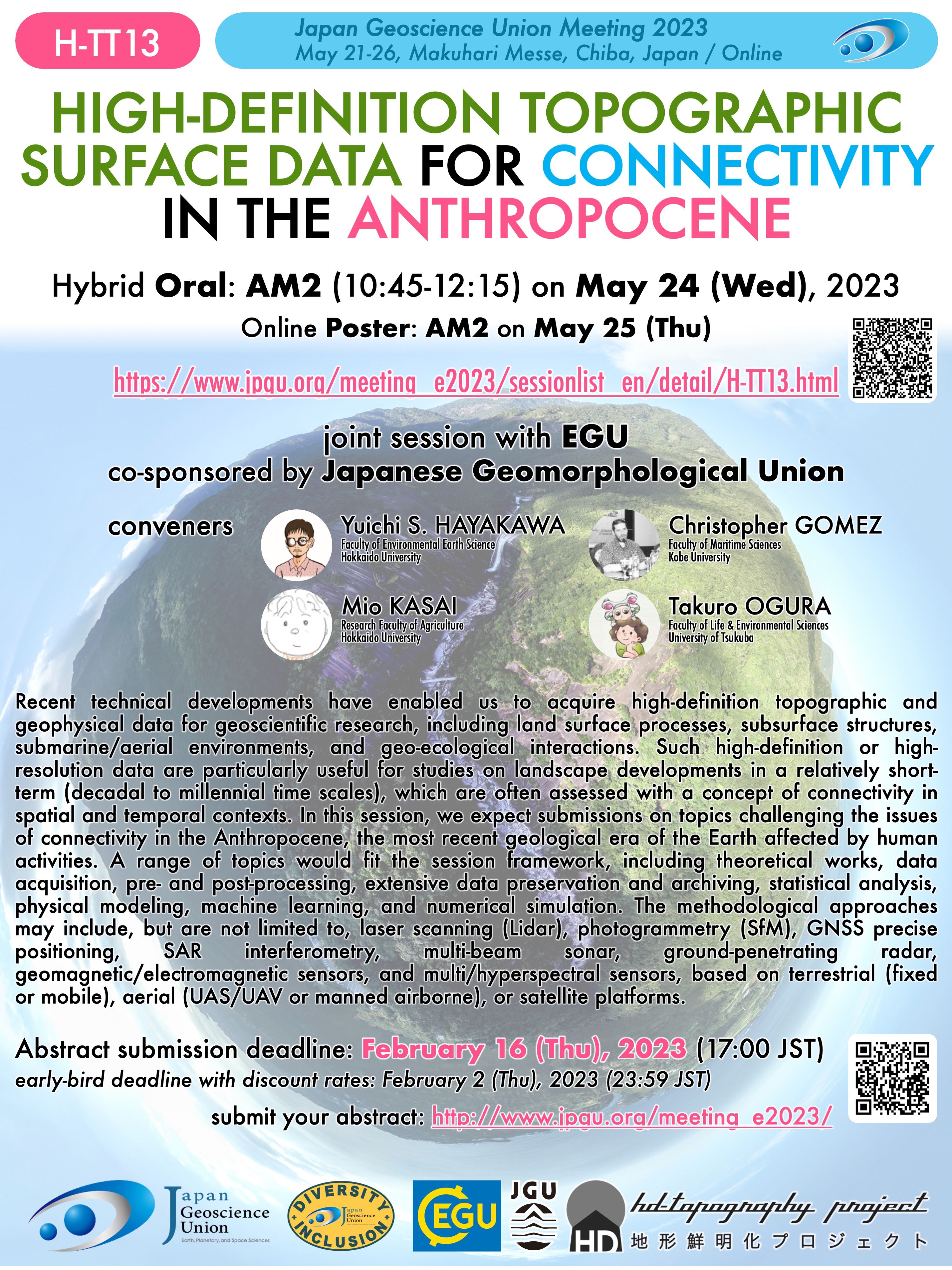Joint Sessions - Special page for Joint Session Introduction
JpGU-AGU Joint session
JpGU-EGU Joint session
Japan Geoscience Union Meeting 2023
U-06
【Oral Session】
AM1, Tue. 23 May
【Online Poster Session】
AM1, Wed. 24 May
【On-site Poster Session】
PM3, Tue. 23 May
▶See more about this session
AM1, Tue. 23 May
【Online Poster Session】
AM1, Wed. 24 May
【On-site Poster Session】
PM3, Tue. 23 May
▶See more about this session
Conveners
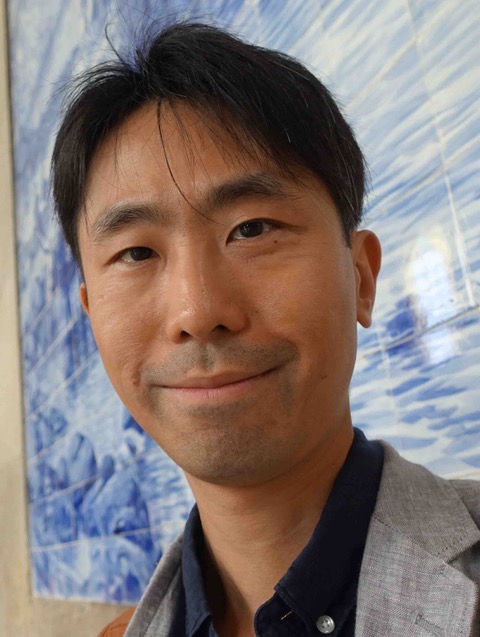
Vincent Tong
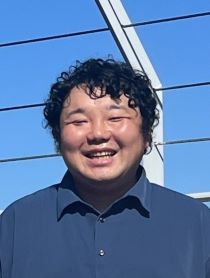
Takuro Ogura
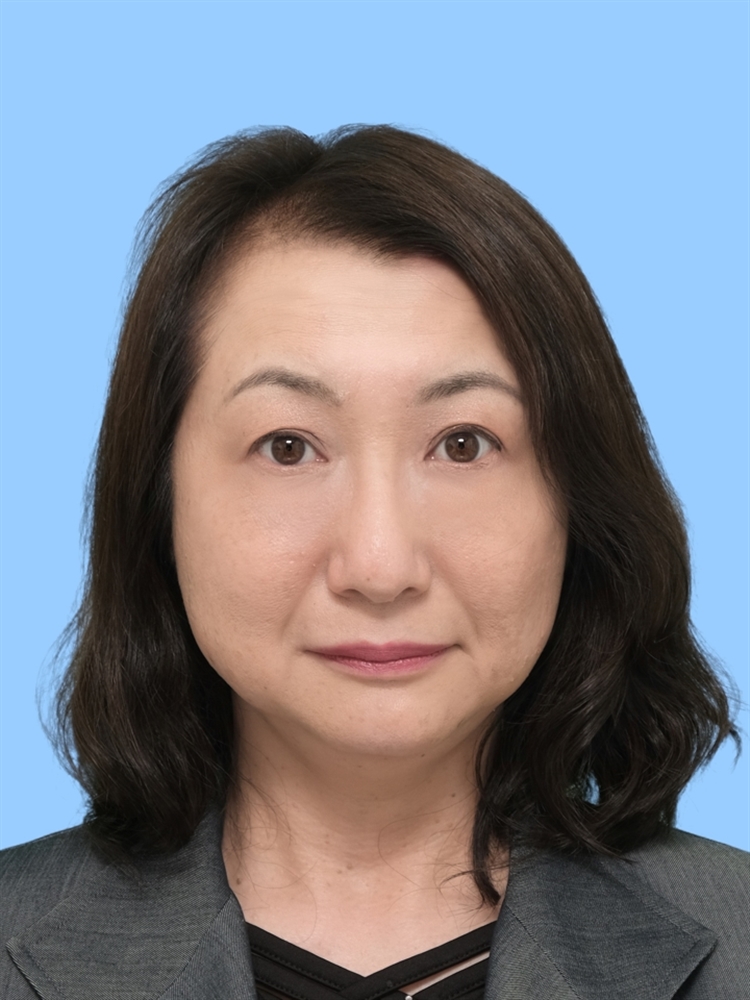
Chiaki T. Oguchi
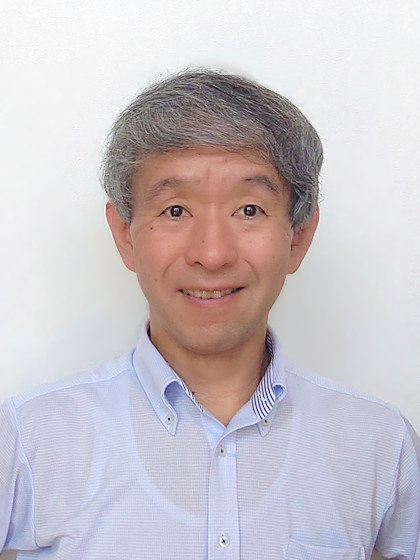
Takashi Oguchi
From outreach to knowledge co-creation: Advancing inclusive community engagement in Geoscience
Geoscience is a distinctly cross-disciplinary area of research and education. To address the grand challenges that humanity is facing, geoscientists work across disciplinary boundaries and forge new links between natural and social sciences. Community engagement has become an integral component of these efforts, as it plays an important role in maximizing the social impact of transdisciplinary research and creates new opportunities in education at all levels. In this session, we examine the wide spectrum of community engagement in geoscience: from the more established initiatives in sustainability outreach to the increasingly common approaches of knowledge co-creation such as citizen science. Our focus is on the innovation in building inclusive communities and sustainable partnerships between researchers, educators, community partners and participants. The presentations will also highlight and synthesize the latest trends in inclusive participatory research and engagement with underrepresented and underprivileged groups.
JpGU-AGU Joint session
Japan Geoscience Union Meeting 2023
U-07
【Oral Session】
AM1, Fri. 26 May
【Online Poster Session】
PM1, Fri. 26 May
【On-site Poster Session】
PM3, Fri. 26 May
▶See more about this session
AM1, Fri. 26 May
【Online Poster Session】
PM1, Fri. 26 May
【On-site Poster Session】
PM3, Fri. 26 May
▶See more about this session
Conveners

Michiyo SHIMAMURA
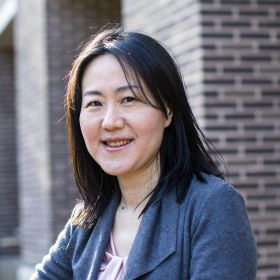
Yuko Onishi
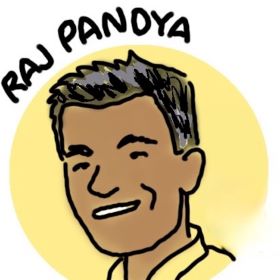
Rajul Pandya

Brooks Hanson
What is the true value of Knowledge Creation? Our perceptions of science and society
The research of Geoscience is wide, and the expectations for "research that meets the needs of society" have been rising. In JpGU2022 U-04, community members discussed "how they think about the balance between 'research that satisfies the intellectual curiosity of humanity' and 'research that meets the needs of society' and what kind of accountability is need to fulfill", and a post-session questionnaire survey was conducted. This year, JpGU2023, we will discuss how to construct an effective framework to "link science and society" and how to connect these activities to scientific performance evaluation.
JpGU-AGU Joint session
Japan Geoscience Union Meeting 2023
P-PS01
【Oral Session】
AM1, AM2, Thu. 25 May
【Online Poster Session】
PM2, Thu. 25 May
【On-site Poster Session】
PM3, Thu. 25 May
▶See more about this session
AM1, AM2, Thu. 25 May
【Online Poster Session】
PM2, Thu. 25 May
【On-site Poster Session】
PM3, Thu. 25 May
▶See more about this session
Conveners
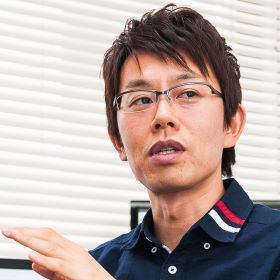
Jun Kimura
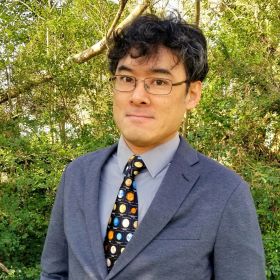
Kunio M. Sayanagi
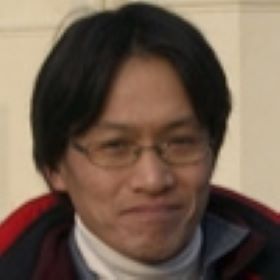
Fuminori Tsuchiya
Outer Solar System Exploration Today, and Tomorrow
We invite abstracts that address a wide range of topics encompassing the giant planets and their moons, including their origins, interiors, atmospheres, compositions, surface features, and electromagnetic fields. To advocate for current and future outer planets exploration (Juno, New Horizons, JUICE, Europa Clipper, Dragonfly and beyond), we also call for discussions on future missions to explore giant planet systems, including how to develop better international cooperation. We also solicit presentations about new scientific results generated using data returned by space telescopes such as the James Webb Space Telescope (JWST).
JpGU-AGU Joint session
JpGU-EGU Joint session
Japan Geoscience Union Meeting 2023
P-PS04
【Oral Session】
PM2, Tue. 23 & AM1, Wed. 24 May
【Online Poster Session】
AM1, Thu. 25 May
【On-site Poster Session】
PM3, Tue. 23 May
▶See more about this session
PM2, Tue. 23 & AM1, Wed. 24 May
【Online Poster Session】
AM1, Thu. 25 May
【On-site Poster Session】
PM3, Tue. 23 May
▶See more about this session
Conveners
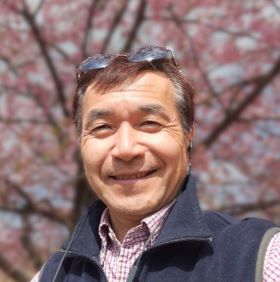
Takehiko Satoh
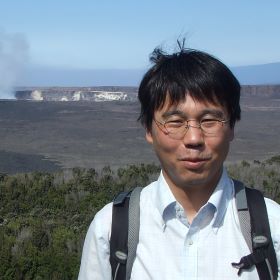
George HASHIMOTO
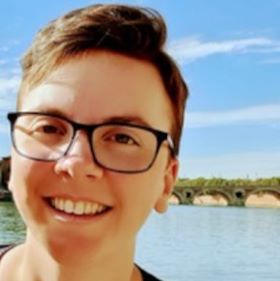
Moa Brita Persson

Kevin McGouldrick
Advancing the science of Venus in the golden age of exploration
This session invites original studies about Venus, the earth's twin sister:from the data analysis, numerical simulations, theories, to development
and/or concepts of missions. Contributions by all levels, from early-careerresearchers to experts, are all welcome. The "Venus" session will be held,
on Tuesday and Wednesday, in between the "Mars" session (P-PS05) and the"Exoplanets" session (P-EM11), very convenient for those who have interests
in not only our neighbors but also remote cousins.
We hope to see most of you in-person at the venue as the posters are asvaluable as the oral presentations.
We hope to see most of you in-person at the venue as the posters are asvaluable as the oral presentations.
JpGU-AGU Joint session
Japan Geoscience Union Meeting 2023
P-EM09
【Oral Session】
AM1-PM2, Thu. 25 May
【Online Poster Session】
AM2, Fri. 26 May
【On-site Poster Session】
PM3, Thu. 25 May
▶See more about this session
AM1-PM2, Thu. 25 May
【Online Poster Session】
AM2, Fri. 26 May
【On-site Poster Session】
PM3, Thu. 25 May
▶See more about this session
Conveners
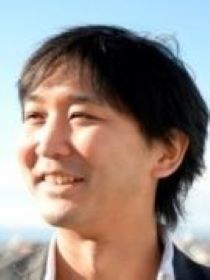
Ryuho Kataoka
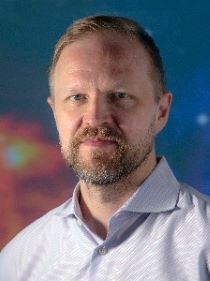
Antti A Pulkkinen
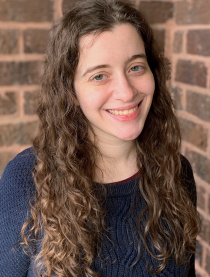
Mary Aronne
Satoko Nakamura
Space Weather and Space Climate
New conveners (Satoko Nakamura and Mary Aronne) are assigned this year. In this session, we share the latest scientific papers to discuss our understanding of the space environment changes in various time scales and possible international and interdisciplinary collaborations. More specifically, welcomed papers include space climate studies to reconstruct the long-term variations and episodic extreme events; cutting-edge observational and state-of-the-art simulation studies of space weather from the Sun to surface of the Earth; applied science such as operational space weather forecast using machine-learning techniques and hazard assessments for deep human spaceflight activities at Moon and at Mars.
JpGU-AGU Joint session
Japan Geoscience Union Meeting 2023
P-EM14
【Oral Session】
AM1, AM2, Tue. 23 May
【Online Poster Session】
AM2, Wed. 24 May
【On-site Poster Session】
PM3, Tue. 23 May
▶See more about this session
AM1, AM2, Tue. 23 May
【Online Poster Session】
AM2, Wed. 24 May
【On-site Poster Session】
PM3, Tue. 23 May
▶See more about this session
Conveners
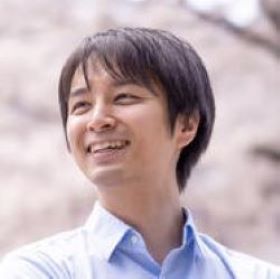
Shin Toriumi
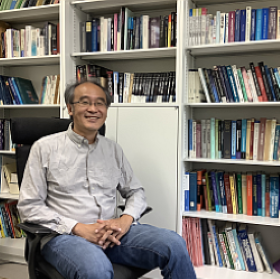
Takaaki Yokoyama
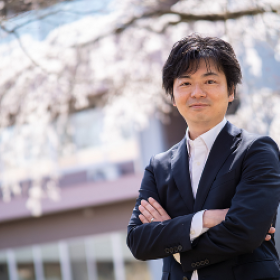
Shinsuke Imada

Alphonse Sterling
Frontiers in solar physics
This session is for discussion of recent advancement in solar physics and related fields including heliospheric, planetary, and stellar physics. As Solar Cycle 25 progresses on pace to surpass the previous cycle, we have already witnessed numerous massive flares and CMEs. With the addition of new missions such as Parker Solar Probe, Solar Orbiter, CHASE, and ASO-S, the fleet of solar-observing spacecraft continues to watch the Sun to solve its mysteries. In Japan, the SOLAR-C mission completed its mission definition review in the summer of 2022 and is moving into the next phase, anticipating joint observations with NASA's upcoming MUSE mission. We invite contributions not only by solar researchers but also from all related disciplines (including helio, plasma, astrophysics, etc.), covering observations, numerical modeling, and experiments.
JpGU-AGU Joint session
Japan Geoscience Union Meeting 2023
A-OS13
【Oral Session】
AM1-PM1, Wed. 24 May
【Online Poster Session】
PM2, Wed. 24 May
【On-site Poster Session】
PM3, Wed. 24 May
▶See more about this session
AM1-PM1, Wed. 24 May
【Online Poster Session】
PM2, Wed. 24 May
【On-site Poster Session】
PM3, Wed. 24 May
▶See more about this session
Conveners
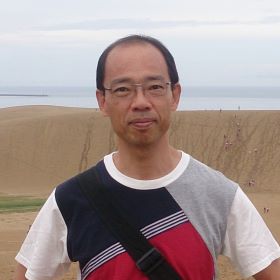
Shin-ichi Ito
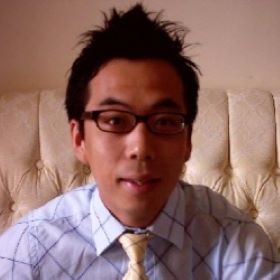
Takafumi Hirata
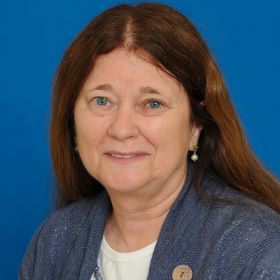
Eileen E Hofmann
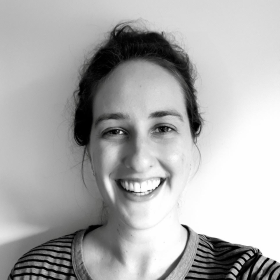
Jessica A. Bolin
Marine ecosystems and biogeochemical cycles: theory, observation and modeling
This session aims to provide a venue for not only discussing recent advances in understanding marine biogeochemical cycles, ecosystems and their interactions, but also networking with a variety of people to seed new ideas in marine ecological research. Observational, modelling and conceptual studies are encouraged, particularly those including technological development and operational applications that consider linkages among biogeochemical and ecosystem processes, biodiversity, and the effects of multiple stressors from molecular to planetary scales.
JpGU-AGU Joint session
Japan Geoscience Union Meeting 2023
A-OS14
【Oral Session】
PM1, PM2, Wed. 24 May
【Online Poster Session】
AM2, Thu. 25 May
【On-site Poster Session】
PM3, Wed. 24 May
▶See more about this session
PM1, PM2, Wed. 24 May
【Online Poster Session】
AM2, Thu. 25 May
【On-site Poster Session】
PM3, Wed. 24 May
▶See more about this session
Conveners
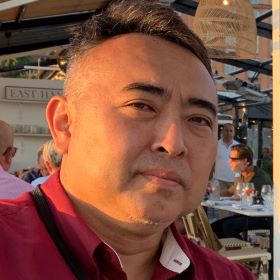
Yosuke Alexandre Yamashiki
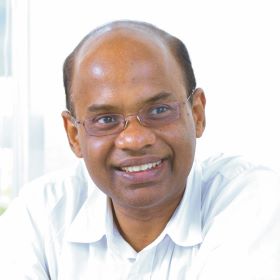
Swadhin Behera

Takanori Sasaki
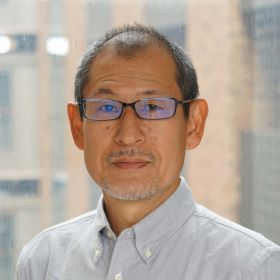
Yukio Masumoto
Continental Oceanic Mutual Interaction - Planetary Scale Material Circulation
To promote discussion on mutual interaction between the Continental and Oceanic zones, we have organized a series of scientific sessions entitled "Continental-Oceanic Mutual Interaction: Global-scale Material Circulation through River Runoff" since 2009 at the Japan Geoscience Union (JpGU) annual meeting. Discharge from a continental-scale river basin is influenced by the fluctuation of SST from the surrounding ocean. For river basins in the South-American continent, it is well-known that the Amazon river basin discharges are well-correlated with the El Nino/Southern Oscillation together with Northern/Southern Tropical Atlantic anomalies. In 2022, we also introduced the concept of "Core Biome Complex" as essential components of continental-oceanic terrestrial ecosystems aiming for migrating into different planetary environments. We aim to evaluate (1) the importance of river-ocean systems in global-scale heat and material circulation and (2) the possibility of creating "artificial oceans" in different planetary environments.
Invited Speakers
Yasumasa Miyazasa, JAMSTEC, [Digital Twins of the Ocean]
Masato Sakurai, - JAXA [Introduction of Physicochemical Life Support Systems for Manned Space Exploration]
Vladimir Airapetian NASA Goddard Space Flight Center [Habitability in Early Earth (TBD) ]
Masato Endo - Tokyo University of Marine Science and Technology [TBD]
Invited Speakers
Yasumasa Miyazasa, JAMSTEC, [Digital Twins of the Ocean]
Masato Sakurai, - JAXA [Introduction of Physicochemical Life Support Systems for Manned Space Exploration]
Vladimir Airapetian NASA Goddard Space Flight Center [Habitability in Early Earth (TBD) ]
Masato Endo - Tokyo University of Marine Science and Technology [TBD]
JpGU-AGU Joint session
Japan Geoscience Union Meeting 2023
A-HW18
【Oral Session】
AM1-PM2, Fri. 26 May
【Online Poster Session】
AM2, Thu. 25 May
【On-site Poster Session】
PM3, Fri. 26 May
▶See more about this session
AM1-PM2, Fri. 26 May
【Online Poster Session】
AM2, Thu. 25 May
【On-site Poster Session】
PM3, Fri. 26 May
▶See more about this session
Conveners
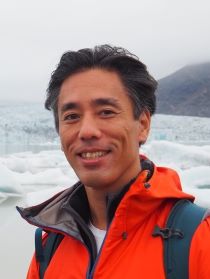
Takahiro Hosono

Syuhei Ban
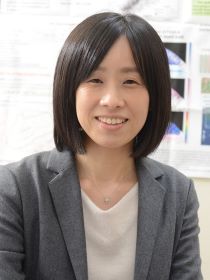
Mitsuyo Saito
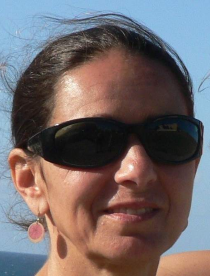
Adina Paytan
Material transportation and cycling at the land-sea interface: from headwaters to the ocean
This session aims to synthetize watershed-based sciences to better understand dynamic processes in transportation and cycling of materials and nutrients at the land-sea interface from headwaters to the ocean via rivers, groundwater, and coastal lakes. The session will integrate research from various disciplines including limnology, groundwater hydrology, geochemistry, coastal oceanography, meteorology, soil science, sedimentology, forestry, agriculture, fishery, ecology, social science, and other related fields. This session calls for sharing new methods such as tracers and molecular techniques, machine learning, watershed modeling, microbial and paleontological approaches, and chemical analyses that help to elucidate physical, chemical, and biological mechanisms in terrestrial-aquatic ecosystems. Moreover, it seeks to shed light on the complex and dynamic terrestrial-aquatic systems and their spatio-temporal variations in a changing climate and environment. Laboratory-based and field-based studies, social and socioeconomic evaluation of ecosystem services and social-ecological systems are also welcomed. Through this session, we would like to facilitate interdisciplinary collaboration among participants to create a new watershed-based science that considers the overall interrelationship between headwaters and the ocean.
JpGU-AGU Joint session
JpGU-EGU Joint session
JpGU-AOGS Joint session
Japan Geoscience Union Meeting 2023
A-CG32
【Oral Session】
AM1, AM2, Mon. 22 May
【Online Poster Session】
AM1, Wed. 24 May
【On-site Poster Session】
PM3, Sun. 22 May
▶See more about this session
AM1, AM2, Mon. 22 May
【Online Poster Session】
AM1, Wed. 24 May
【On-site Poster Session】
PM3, Sun. 22 May
▶See more about this session
Conveners

Yushi Morioka
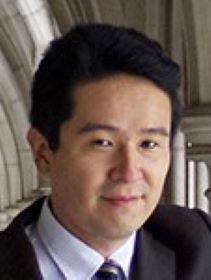
Hiroyuki Murakami

Takahito Kataoka
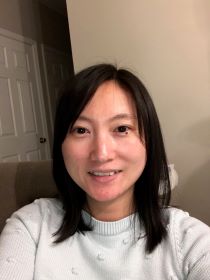
Liping Zhang
Climate Variability and Predictability on Subseasonal to Centennial Timescales
This session invites all research activities related to the subseasonal to centennial climate variabilities using observational data, theoretical/modeling approaches, and artificial intelligence/machine learning frameworks. The research topics through analyzing Coupled Model Intercomparison Project Phase 6 (CMIP6) are also welcomed.
JpGU-AGU Joint session
Japan Geoscience Union Meeting 2023
A-CG34
【Oral Session】
AM1, AM2, Tue. 23 May
【Online Poster Session】
AM1, Wed. 24 May
【On-site Poster Session】
PM3, Tue. 23 May
▶See more about this session
AM1, AM2, Tue. 23 May
【Online Poster Session】
AM1, Wed. 24 May
【On-site Poster Session】
PM3, Tue. 23 May
▶See more about this session
Conveners
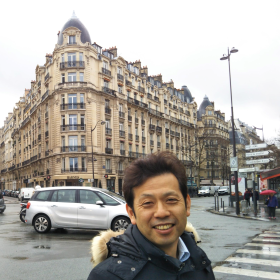
Michio Kawamiya
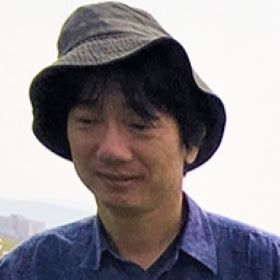
Kaoru Tachiiri
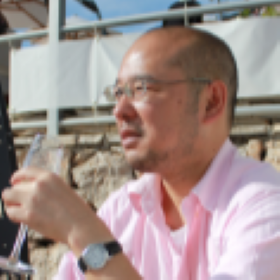
Hiroaki Tatebe
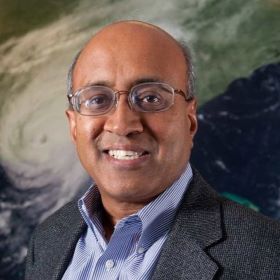
V Ramaswamy
Projection and detection of global environmental change
Anthropogenic forcings on the global environment are expected to cause intensification of extreme events, such as sea-level rise, hurricanes and typhoons, ocean acidification, and deoxygenation, as well as regional-scale ecosystem changes. This session hosts the latest research findings with a view to model projections and interdisciplinary collaborations including those with social sciences. Presentations on the direction of model development for the possible CMIP7, the next international project for climate change projection, are also welcomed.
JpGU-EGU Joint session
Japan Geoscience Union Meeting 2023
H-TT13
【Oral Session】
AM2, Wed. 24 May
【Online Poster Session】
AM2, Thu. 25 May
【On-site Poster Session】
PM3, Wed. 24 May
▶See more about this session
AM2, Wed. 24 May
【Online Poster Session】
AM2, Thu. 25 May
【On-site Poster Session】
PM3, Wed. 24 May
▶See more about this session
Conveners
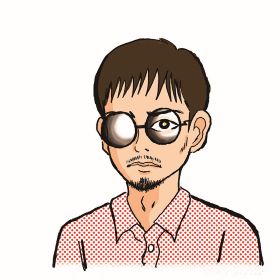
Yuichi S. Hayakawa

Christopher A Gomez
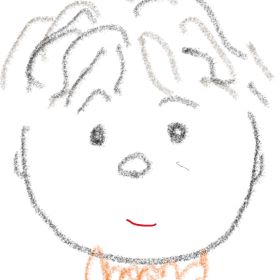
Mio Kasai

Takuro Ogura
HIGH-DEFINITION TOPOGRAPHIC SURFACE DATA FOR CONNECTIVITY IN THE ANTHROPOCENE
Welcome to our session on the high-definition topographic data for connectivity in the Anthropocene! We are open to various applications of high-definition data on the Earth surface processes that are often connected and disconnected. Among civil engineering, forestry, geomorphology, archaeology, and other interdisciplinary fields, 3D point-cloud data and its derivatives have revolutionized data collection, processing, archive, and the way we think of the surfaces we live on explore. Come and be part of this revolution and share your own experience in a friendly environment.
JpGU-AGU Joint session
Japan Geoscience Union Meeting 2023
S-IT17
【Oral Session】
AM1, AM2, Thu. 25 May
【Online Poster Session】
AM1, Fri. 26 May
【On-site Poster Session】
PM3, Thu. 25 May
▶See more about this session
AM1, AM2, Thu. 25 May
【Online Poster Session】
AM1, Fri. 26 May
【On-site Poster Session】
PM3, Thu. 25 May
▶See more about this session
Conveners
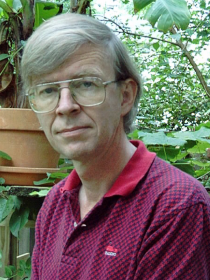
Mysen Bjorn
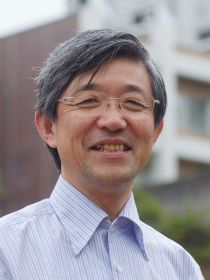
Eiji Ohtani
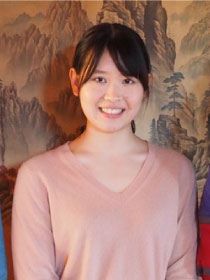
Naoko Takahashi
TRANSPORT PROPERTIES AND PROCESSES IN THE EARTH
The formation and evolution of the Earth are governed by mass and energy transport processes. Magma and fluid are the main transport agents whose properties are needed to characterize those processes. This session will address results of experiments and natural observations needed to describe transport processes in the Earth's interior.
The session is focused on these phenomena, recorded with geophysical imaging and geochemical mapping of the Earth's interior at scales from local to global, are governed by physical and chemical properties and processes of magma and fluid. Presentations can include results of laboratory experiments, numerical modeling, and observations using geophysical and geochemical approaches. Contributions to any of these subjects are encouraged.
The session is focused on these phenomena, recorded with geophysical imaging and geochemical mapping of the Earth's interior at scales from local to global, are governed by physical and chemical properties and processes of magma and fluid. Presentations can include results of laboratory experiments, numerical modeling, and observations using geophysical and geochemical approaches. Contributions to any of these subjects are encouraged.
JpGU-AGU Joint session
Japan Geoscience Union Meeting 2023
S-IT18
【Oral Session】
PM1, PM2, Fri. 26 May
【Online Poster Session】
AM2, Fri. 26 May
【On-site Poster Session】
PM3, Fri. 26 May
▶See more about this session
PM1, PM2, Fri. 26 May
【Online Poster Session】
AM2, Fri. 26 May
【On-site Poster Session】
PM3, Fri. 26 May
▶See more about this session
Conveners
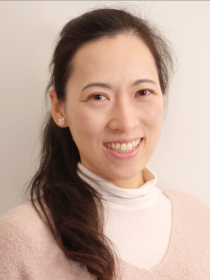
Riko Iizuka-Oku
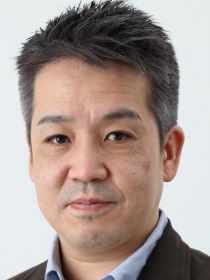
Hidenori Terasaki

Eiji Ohtani

William F McDonough
Planetary cores: Structure, formation, and evolution
Defining the nature and properties of planetary metallic cores are fundamental for understanding the internal structure, evolution, and thermal history of differentiated, rocky bodies. Recent advances in experimental and theoretical studies provide new constraints and insights into the cores of Earth, Mars, and the Moon, as well as that of other terrestrial bodies. Recent, on-going, and future space missions have and will continue to obtain data on the internal structure of terrestrial planets, planet-satellite systems and exoplanets. We welcome presentations on the latest views on the structure, formation and/or evolution of the cores of differentiated, rocky bodies.
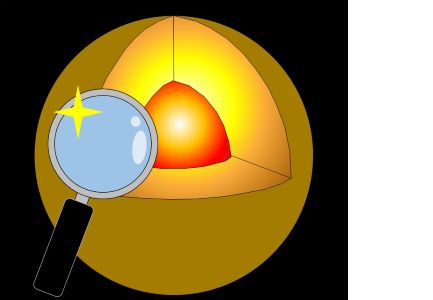
JpGU-AGU Joint session
Japan Geoscience Union Meeting 2023
S-IT19
【Oral Session】
AM1, Fri. 26 May
【Online Poster Session】
PM1, Wed. 24 May
【On-site Poster Session】
PM3, Fri. 26 May
▶See more about this session
AM1, Fri. 26 May
【Online Poster Session】
PM1, Wed. 24 May
【On-site Poster Session】
PM3, Fri. 26 May
▶See more about this session
Conveners

Hiroko Watanabe
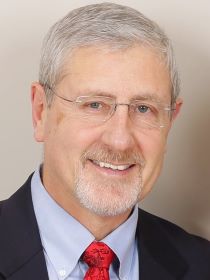
William F McDonough
Kenji Kawai
Models for Earth's Mantle
The dynamical state of the mantle, which is imaged by seismic tomography and informed by geochemical data, is progressively being constrained by geodynamic models. The mantle transition zone is increasingly identified as an important player in shaping the differentiation cycle of the mantle. The many seismically observed features at the core-mantle boundary are actively being discussed as having primordial origins or are more recently developed structures due to subduction of oceanic crust. Come join us in this lively arena of science conversation.
JpGU-EGU Joint session
Japan Geoscience Union Meeting 2023
S-GC37
【Oral Session】
PM1, PM2, Tue. 23 May
【Online Poster Session】
PM2, Wed. 24 May
【On-site Poster Session】
PM3, Tue. 23 May
▶See more about this session
PM1, PM2, Tue. 23 May
【Online Poster Session】
PM2, Wed. 24 May
【On-site Poster Session】
PM3, Tue. 23 May
▶See more about this session
Conveners
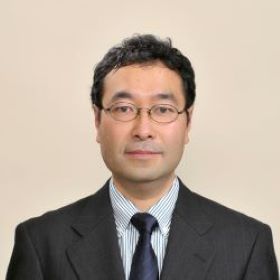
Takeshi Hanyu
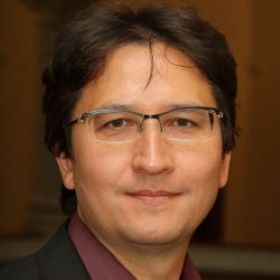
Yama Tomonaga
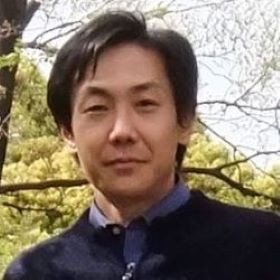
Hirochika Sumino
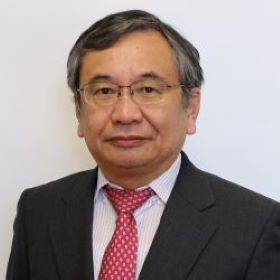
Yuji Sano
Volatiles in the Earth - from Surface to Deep Mantle
We welcome presentation of results from experimental, observational, and modeling studies that help shed light on the behavior, chemical/physical characteristics, and fluxes/budgets of volatiles such as hydrogen, carbon, nitrogen, noble gases, halogens, and sulfur, and the roles of these volatiles in Earth processes.
JpGU-AGU Joint session
JpGU-EGU Joint session
Japan Geoscience Union Meeting 2023
S-CG45
【Oral Session】
PM1, PM2, Wed. 24, AM1-PM2 Thu. 25 May
【Online Poster Session】
AM2, Fri. 26 May
【On-site Poster Session】
PM3, Thu. 25 May
▶See more about this session
PM1, PM2, Wed. 24, AM1-PM2 Thu. 25 May
【Online Poster Session】
AM2, Fri. 26 May
【On-site Poster Session】
PM3, Thu. 25 May
▶See more about this session
Conveners

Aitaro Kato
Asuka Yamaguchi
Yohei Hamada

Yihe Huang
Science of slow-to-fast earthquakes
A growing evidence of geophysical observations has demonstrated that earthquake faults host a broad spectrum of slip modes from slow to unstable fast slip, which may lead to complexity in the nucleation process, rupture behavior, and slip & energy distribution. This discovery has boosted up vigorous discussions about the connection between slow and fast earthquakes including large earthquakes. How and when does a slow earthquake become a fast earthquake? To answer this fundamental question, it is particularly important to proceed further interdisciplinary research through the integration of geophysics, seismology, geodesy, geology, and physics. Developments of measurement technology, application of information science and statistical methods to seismic big-data and utilization of high-performance computing are required as key ingredients in accelerating the integration. This session encourages presentations shedding light on geophysical observations, data analysis, field studies, laboratory experiments, numerical modeling, and theoretical studies. We also welcome contributions from cutting-edge science and technology fields that explore development of novel measurements, data-driven analysis, and large-scale computation etc., those are relevant to slow and fast earthquakes.
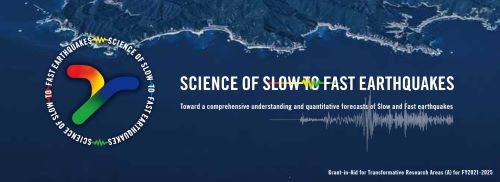
JpGU-AGU Joint session
JpGU-EGU Joint session
Japan Geoscience Union Meeting 2023
S-CG47
【Oral Session】
PM1, PM2, Tue. 23 May
【Online Poster Session】
PM2, Wed. 24 May
【On-site Poster Session】
PM3, Tue. 23 May
▶See more about this session
PM1, PM2, Tue. 23 May
【Online Poster Session】
PM2, Wed. 24 May
【On-site Poster Session】
PM3, Tue. 23 May
▶See more about this session
Conveners

Takashi Hoshide

Yumiko Harigane

Eiichi TAKAZAWA

Katsuyoshi Michibayashi
Hard-Rock Drilling Science: Continental and Deep-Sea Drilling, and Ophiolite
The International Ocean Discovery Program (IODP) has established the 2050 Science Framework: Exploring Earth by Scientific Ocean Drilling” as a guideline for 2024 and beyond. The International Continental Scientific Drilling Program (ICDP) has already launched a new science plan, “the ICDP Science Plan 2020-2030”. Thus, hard rock drilling science is about to enter the next phase. Therefore, drilling proposals from a new perspective and the production of scientific results based on existing drilling projects are expected. In this session, we invite presentations on the scientific results of hard-rock drilling such as Oman Drilling Project. We also invite related studies of on-land geological investigations of ophiolites and experimental studies. The session is intended to be interdisciplinary, including the fields of geophysics, geochemistry, petrology, engineering, and biology. This session is organized by the Hard-rock Drilling Science Focus Group.
JpGU-EGU Joint session
Japan Geoscience Union Meeting 2023
B-PT03
【Oral Session】
PM1, Fri. 26 May
【Online Poster Session】
PM1, Thu. 25 May
【On-site Poster Session】
PM3, Fri. 26 May
▶See more about this session
PM1, Fri. 26 May
【Online Poster Session】
PM1, Thu. 25 May
【On-site Poster Session】
PM3, Fri. 26 May
▶See more about this session
Conveners
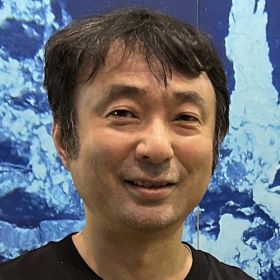
Takashi Toyofuku
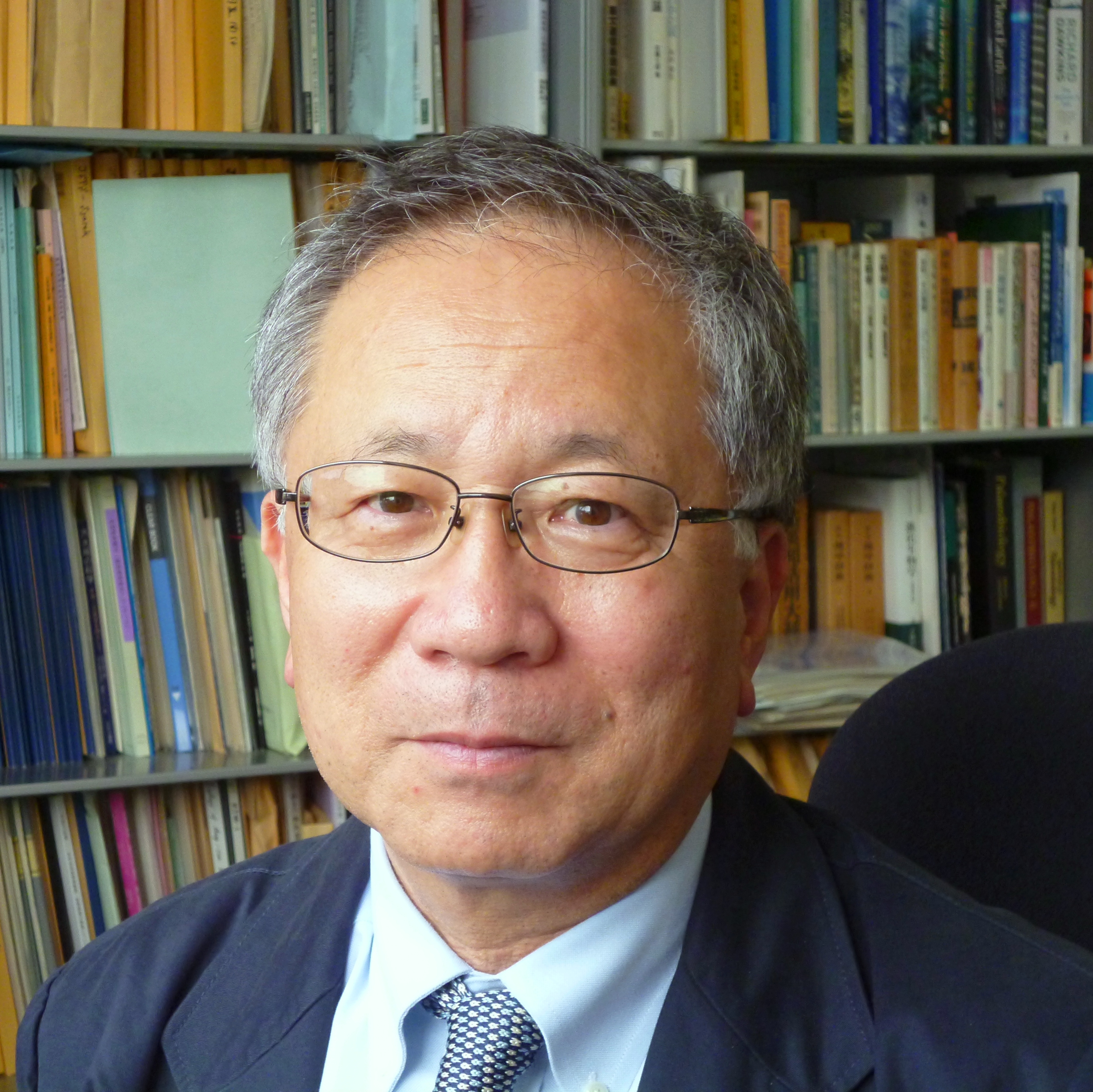
Hiroshi Kitazato
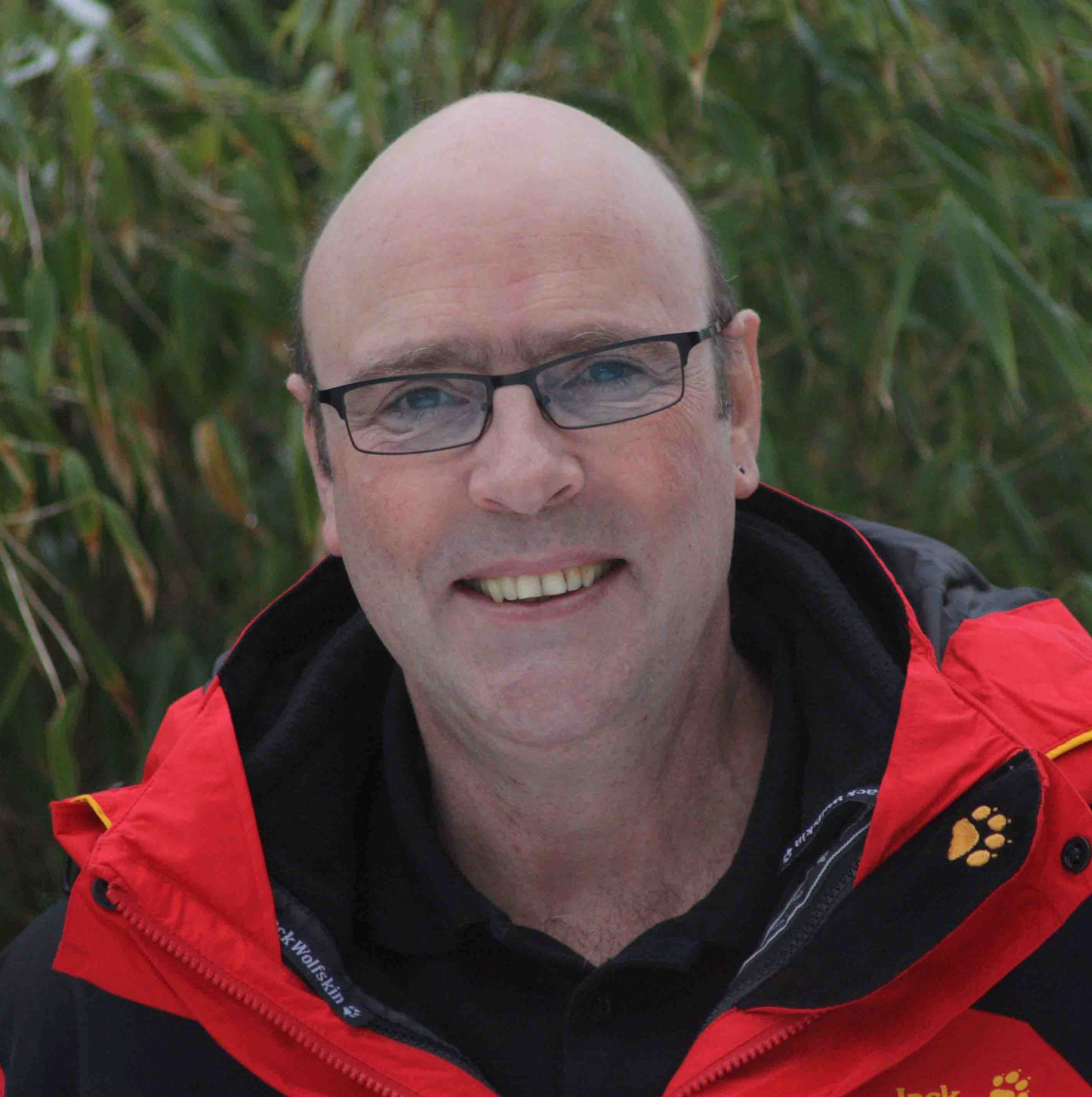
Jelle Bijma
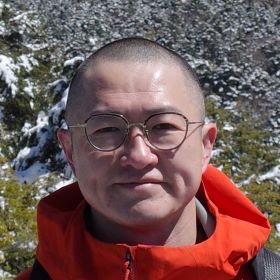
Kotaro Hirose
Biomineralization and Geochemistry of Proxies
Join us for a scientific session exploring paleoenvironmental proxies and their applications to sedimentary records, biomineralisation, and biological processes. Palaeoenvironmental proxies are a valuable tool for understanding past and present environmental change, as they provide information on environmental parameters through the examination of organic or inorganic fossil remains. Researchers are working to better understand the biological processes, biominerals, bio products (such as biomarkers), and ecological information (such as floral and faunal assemblages) present in these proxies.
The impact of human-induced carbon dioxide emissions on the environment and climate change is a pressing concern. Biogeoscientific research has the potential to make significant contributions to addressing this historical challenge. We welcome presentations on any related research topics in this joint session with EGU BG4.1 'Experimental Approaches in Marine Biogeosciences' at the EGU General Assembly 2023.
The impact of human-induced carbon dioxide emissions on the environment and climate change is a pressing concern. Biogeoscientific research has the potential to make significant contributions to addressing this historical challenge. We welcome presentations on any related research topics in this joint session with EGU BG4.1 'Experimental Approaches in Marine Biogeosciences' at the EGU General Assembly 2023.
JpGU-EGU Joint session
Japan Geoscience Union Meeting 2023
M-IS05
【Oral Session】
PM2, Wed. 24 May
【Online Poster Session】
PM3, Wed. 24 May
【On-site Poster Session】
PM3, Thu. 25 May
▶See more about this session
PM2, Wed. 24 May
【Online Poster Session】
PM3, Wed. 24 May
【On-site Poster Session】
PM3, Thu. 25 May
▶See more about this session
Conveners

Miguel Gomez-Heras
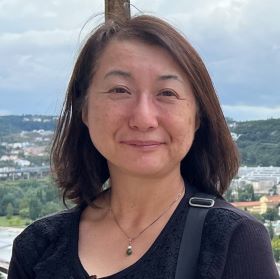
Chiaki T. Oguchi

Akos Torok
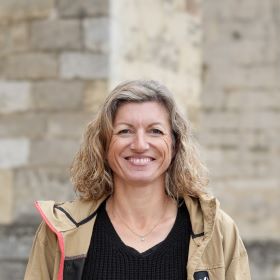
Celine Elise Schneider
Geomaterials in cultural heritage: weathering, investigation techniques, and conservation
Understanding the weathering of cultural heritage and geosites is increasingly important in the context of our changing world to plan more effective conservation and keep this legacy to future generations. This interdisciplinary session welcomes contributions from all research fields dealing with the material decay of cultural or geological heritage sites.
JpGU-AGU Joint session
JpGU-EGU Joint session
JpGU-CGU Joint session
Japan Geoscience Union Meeting 2023
M-TT36
【Oral Session】
AM2, Sun. 21 May
【Online Poster Session】
AM1, Mon. 22 May
【On-site Poster Session】
PM3, Sun. 21 May
▶See more about this session
AM2, Sun. 21 May
【Online Poster Session】
AM1, Mon. 22 May
【On-site Poster Session】
PM3, Sun. 21 May
▶See more about this session
Conveners
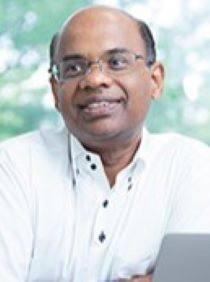
Swadhin Behera
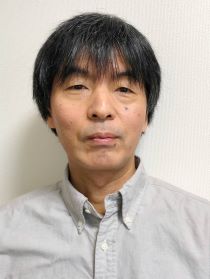
Ryo Furue
Quantum computing research, education and applications for earth sciences
Quantum computing is a rapidly emerging technology that is expected to solve complex problems far beyond the current generation of classical computers. Such an advancement in computational technology will benefit computationally intensive simulation models used in earth sciences. But a lot needs to be done to develop numerical solutions and program codes for such complex models. Also, for the development and future progress of quantum computing in the earth sciences, there is a need for trained human resources, especially students and young researchers. As a result, we welcome contributions that discuss the current state of the computational sciences in relation to the potential use of quantum computing, as well as its education in universities and earth science institutions.
MENU
Session Category
Session Proposal
About Sessions of JpGU Meeting 2023 & Session Details
About Scientific Program of JpGU Meeting 2023
Abstract PDF Download
Contact between Conveners and Presenters
List of Invited Authors
Union Sessions
Public Sessions
Joint Sessions with Partner Unions
Co-Sponsored Sessions with JpGU Society Members
International Cooperative Sessions
Abstract Submission Period
Abstract Submission Fee
Guidelines and Regulations
Entry Items to Submit an Abstract
Presentation Language
Submit an Abstract
Basic Information on Presentations
Oral presentations
Poster Flash Talks
Online Poster Sessions
On-site Poster Sessions
Prerequisite for Approval as a Formal Presentation
Presentation Related Manuals
If You Become Unable to Give a Presentation
Substitute Presenter
Presentation Cancellation
Events & Award
Exhibition
PROGRAM
Scientific Program
VISITOR GUIDE
Major Changes and Notifications
COVID-19 Safety Protocols
To Attend JpGU 2023
To Present at JpGU 2023
JpGU ID Category & How to Obtain JpGU ID
How to Join JpGU/ Obtain JpGU ID
Fiscal Year of Membership
For Conveners who will propose a session
AGU Members to Obtain JpGU ID
AOGS and EGU Members to Obtain JpGU ID
About Certificates
Major Session Related Changes and Notifications
Session Proposal Procedures
IMPORTANT NOTES for conveners who are newly obtain a JpGU ID
Proposal a Session
About Abstract Submission
Special Frames to Organize Oral Sessions
Session Organization
Regulations & Guidelines
Session Language
Invited Authors & Financial Support
Introduction of Diversity Promotion Logo
Request for Cooperation as OSPA Judges
Contact Form for Conveners
Mailing List
JpGU 2023 Convener Task Calendar
Public participants
Press
Supporters
